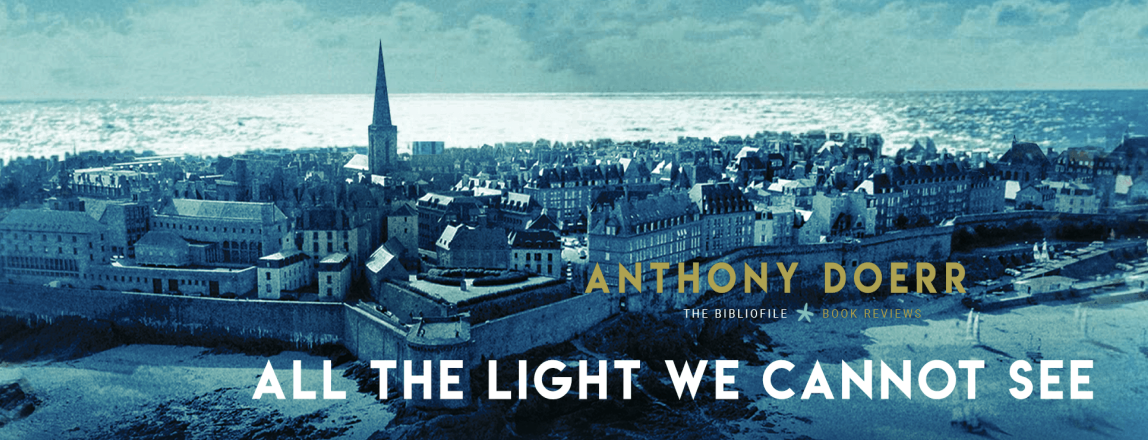Monday, April 28
Friday Reviews: All the Light We Cannot See
Simi Rath '26 in Arts | October 7, 2022

*Spoiler Alert for All the Light We Cannot See
Set in Europe during the brutal wars of World War II, the novel, All the Light We Cannot See, written by Anthony Doerr, creates a plot where two seemingly separate lives converge. Doerr uses strategic prose and unique lenses rich with perception to capture emotion and imagery in every sentence, developing an immersive reading experience that teleports readers back in time. The story’s visually impaired female protagonist, Marie-Laure, learns to navigate the world around her by heightening her other four senses with help from models of the French city Saint-Malo that her father constructed for her. The story’s male protagonist, German soldier Werner Pfennig, is also trying to navigate his new routine during the war. Recruited by the Nazi Party due to his talents in engineering, Werner leaves his beloved sister and unrewarding life as an orphan behind when he becomes a student at a prestigious Nazi Academy.
Personally, the reason why I enjoyed this novel so much is the power Doerr packs with his writing style, specifically through his highlights of typically disregarded sensory details. For example, when German forces occupy Saint-Malo, Marie’s life changes tragically, doused in loss and heartache. While many may view her disability as a setback, Marie-Laure herself forbids letting her disability and grim surroundings interfere with her fighting spirit and continues to partake in acts of resistance by delivering messages hidden in baked goods.
Marie-Laure and Werner come together when Werner searches for an illegal radio broadcast. To further enrich this almost fate-like connection between the two main characters, the source of the broadcasts happened to belong to Marie-Laure’s late grandfather. This connection is just one of the many “full circle moments” that Doerr crafts within his story, enhancing the satisfaction of the plot.
I won’t lie—I found the beginning of this book absolutely dry, and I often found myself skimming through certain sections. Why does it matter that Marie-Laure is reading Twenty Thousand Leagues Under the Sea? Who cares about the sound of lilies rustling in the wind? Despite the put-down-able-ness of the book’s beginning, I later realized during the book’s conclusion how much I missed reading Doerr’s remarkable sentences. The true beauty in this book lies within Doerr’s understanding of the human experience, as well as his (very impressive) grasp of World War II history. His expressions inspire feelings of understanding and appreciation for the surrounding beauty.
If you are looking for a book that will let you reflect on the past with enhanced clarity and beauty, this is certainly the book for you. No one knows what magic Doerr uses to spin his words into hauntingly captivating stories and insightful perspectives, but thousands have experienced the power and impact neatly tucked within his voice.
Related Articles
- Mirror, Mirror, on the Wall... Who’s the Most Hated of Them all? Melina Kyriakopoulos ’27
- L Factor or L moment? Lawrentians Take the Stage Celestine Sutter ’27
- Spring Orchestra Concert Vincent Jie ’27
- Shedding Light on Julius Caesar Anton Popowitz ’26
- Threaded Up Thursdays: Intertwining Soul and Style Melina Kyriakopoulos ’27
Recent Articles
- Announcing: Valedictorian, Aurelian Speakers, and Faculty Speaker Sophie Liu ’27
- Senior Profile: Sophie Cheng ’25 Katherine Qiu ’27
- Debunking the Dining Hall Debate: Is Lawrenceville’s Dining Really That Bad? Isabelle Lee ’27
- Welcoming Our New VPs for 2025-2026 Sophie Liu ’27
- A Sweet Return: Melba Reopens with New Flavors and Community Spirit Ella Song ’27